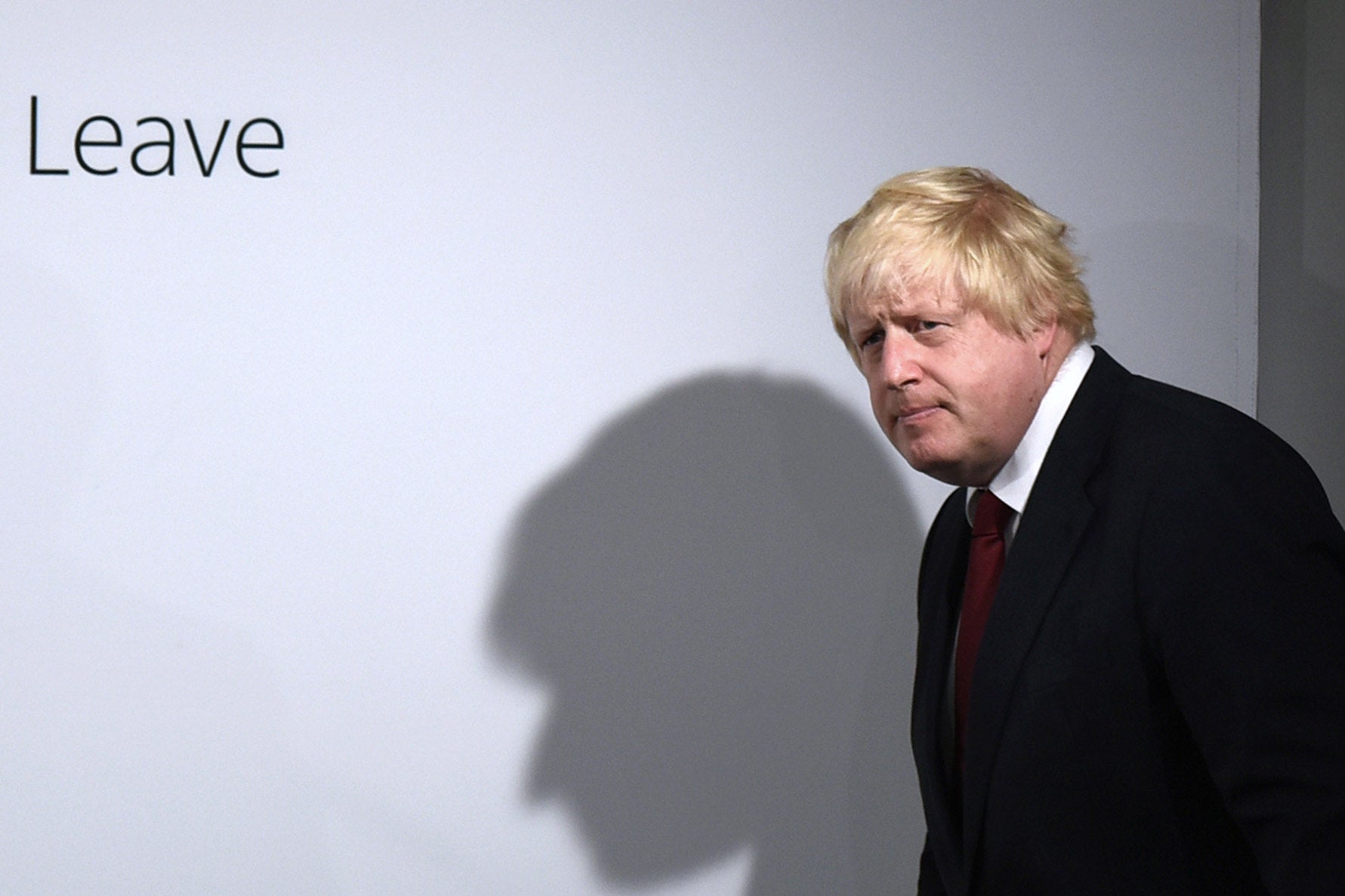What is the single market? How is it different from the EEA? Can the UK stay in after Brexit?
Countries inside the EU allow the free movement of goods, people, services and capital between one another

Boris Johnson has claimed that the UK will still have access to the single market despite the vote to leave the EU.
Johnson, who is expected to run for the Conservative Party leadership when David Cameron steps down later in the year, described the future of the UK’s relationship with the EU in a way that sounded a lot like the UK’s membership of the EU.
“British people will still be able to go and work in the EU; to live; to travel; to study; to buy homes and to settle down. As the German equivalent of the CBI – the BDI – has very sensibly reminded us, there will continue to be free trade, and access to the single market,” he wrote.
What does Johnson mean - what is the single market?
The single market or internal, originally called the common market, means that countries inside the EU allow the free movement of goods, people, services and capital between one another.
Two things make this possible: the removal of barriers to trade like tariffs, or taxes on imports. Second, the harmonisation of national rules at EU level.
How did it come about?
The principles of the single market were set out in the Rome Treaty of the European Economic Community in 1957.
It was amended in 1986 and there were plans to compete the single market by the end of 1992. But it was never really completed and remains an ongoing project of the European Commission.
What does the single market do for the UK?
Being part of the single market gives UK businesses access to 500 million consumers across the EU.
The single market has increased the trade in goods by 60 per cent compared to trading using World Trade Organisation rules, according to research by the OECD.
How is it different from the EEA?
The European Economic Area agreement of 1994 gives three countries, Norway, Iceland and Lichetenstein, access to the single market without them having to be a member of the EU.
In return, these countries implement EU laws covering goods, services and capital, and allow the free movement of people.
Why can’t the UK sign the EEA agreement and stay in the single market?
Some people think the UK could do this and guarantee access to the single market, without having to put up with other areas of legislation like the Common Agricultural Policy or the European Court.
But that wouldn’t solve many of the problems that many people see with the EU. Businesses would still have follow EU rules, but could no longer negotiate these rules because the UK wouldn’t take part in EU negotiations.
21 maps and charts which will challenge perceptions of Europe
Show all 21If we agreed to those rules, could we stay?
Not everyone seems to think so.
Wolfgang Schäuble, the German finance minister, ruled out Britain having direct access to the European single market in the event of Brexit, directly contradicting the reassurances of Boris Johnson and the Leave campaign.
He told Der Spiegel, the German weekly: “In is in. Out is out.”
Subscribe to Independent Premium to bookmark this article
Want to bookmark your favourite articles and stories to read or reference later? Start your Independent Premium subscription today.

Join our commenting forum
Join thought-provoking conversations, follow other Independent readers and see their replies